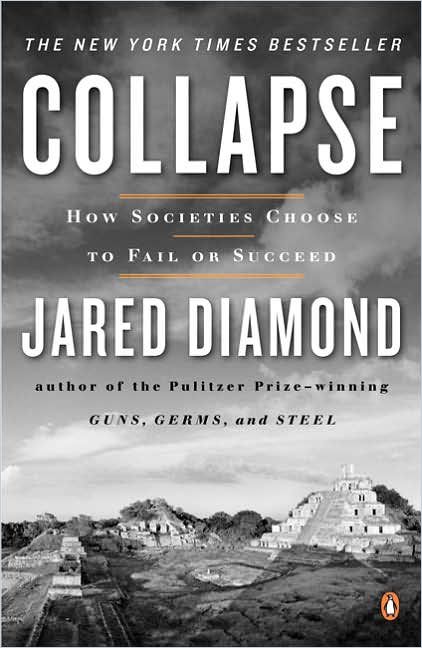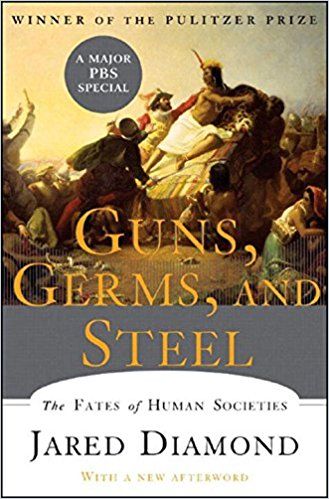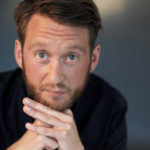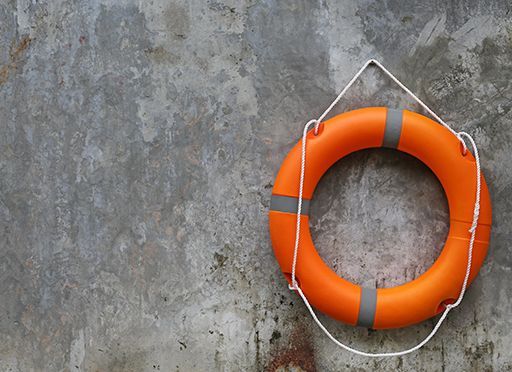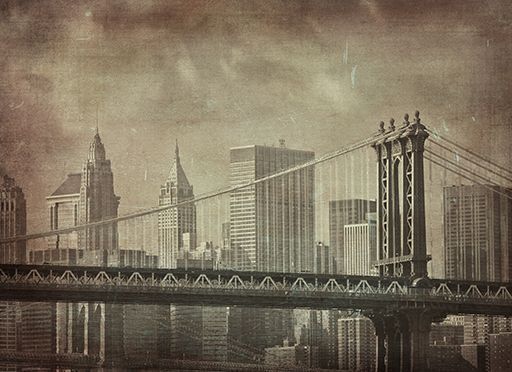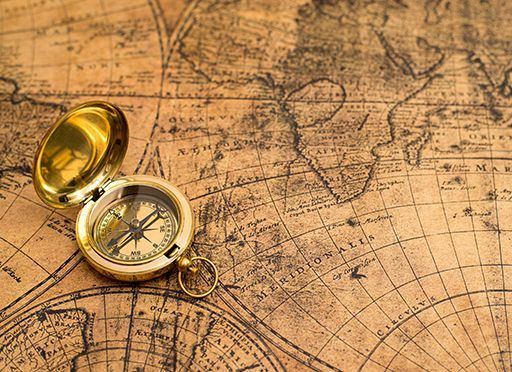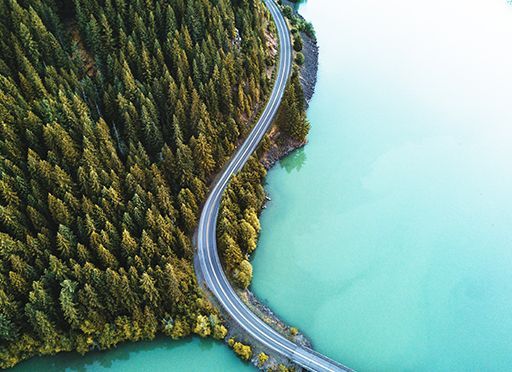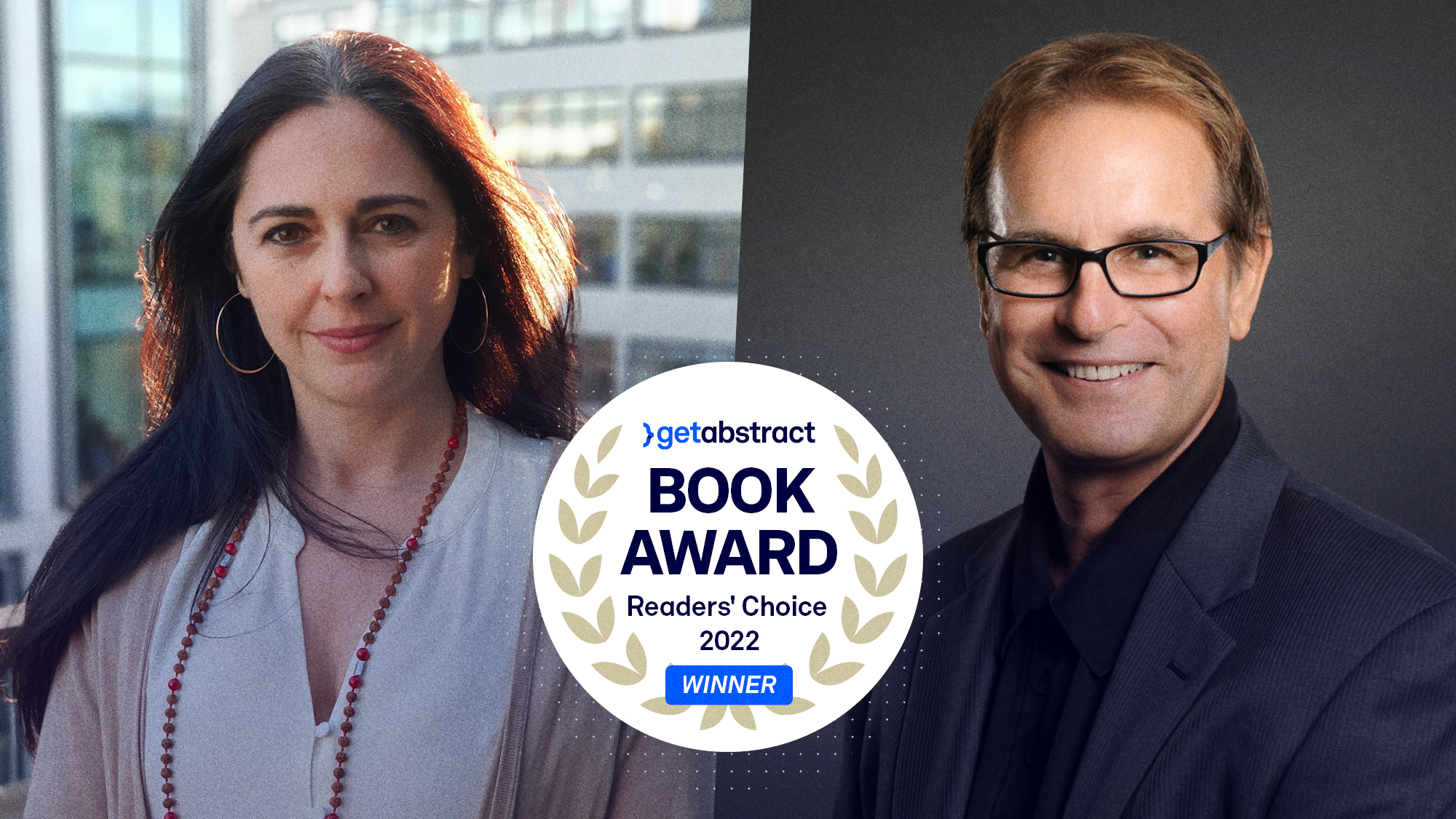“We Lead the World in Science, and We Also Lead the World in Opposition to Science”
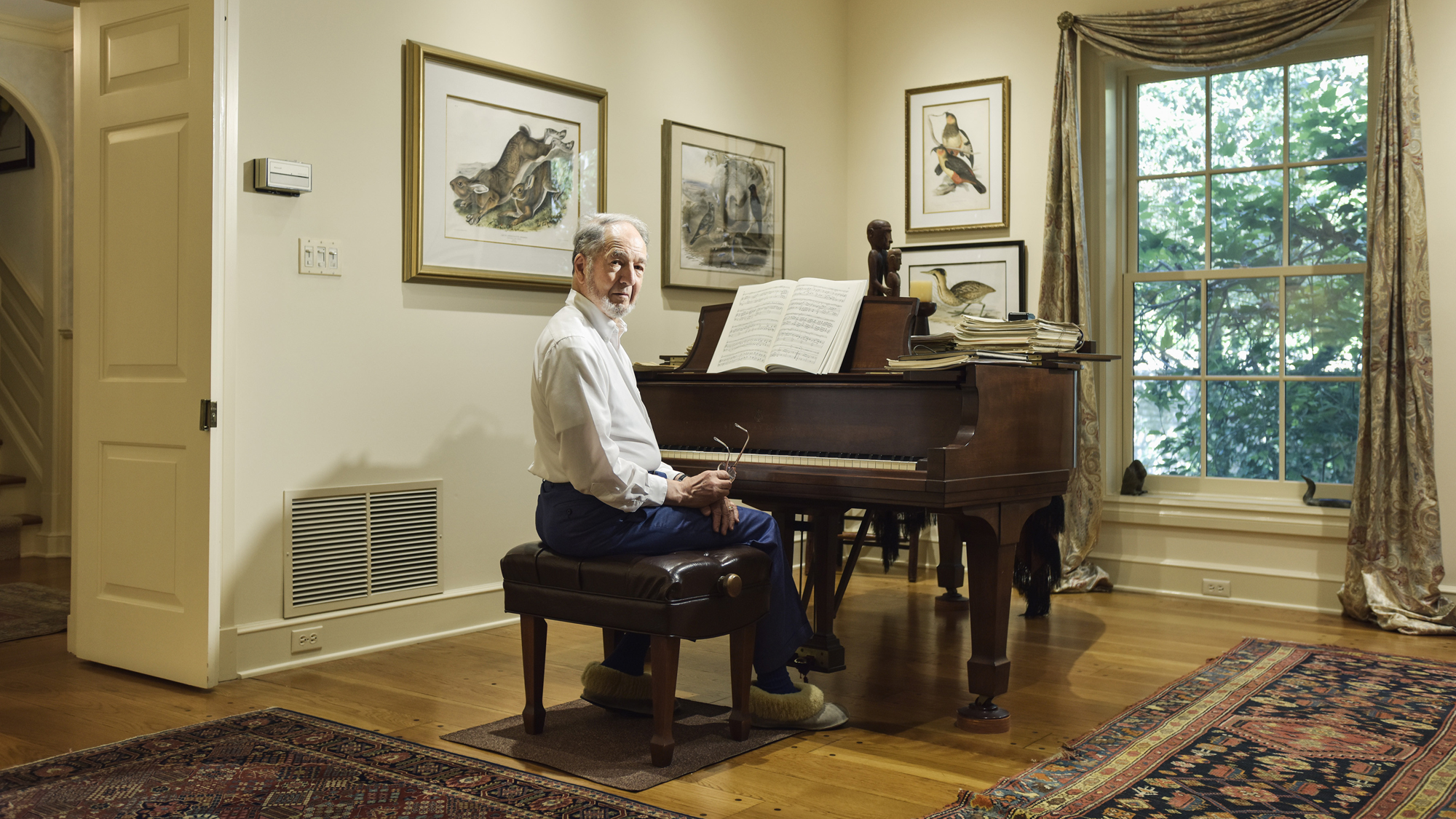
Mr. Diamond, as of today, you are 82 years old. In this COVID-19 pandemic, you belong to the so-called “high-risk group.” How did you prepare for the current situation – where and how do you protect yourself?
Jared Diamond: In this situation as in every other situation in my life, I practice the attitude of constructive paranoia that I’ve learned from my lifetime of working in New Guinea. That is, I think of everything that could possibly go wrong, I prepare for it, and then I go on to enjoy life. In the current situation I am staying in my house except to take a bird-watching walk each morning. I have only one friend who comes to visit me inside my house: my cellist, whom I accompany on the piano in Bach and Beethoven cello sonatas. I spend lots of time doing interviews and writing articles about COVID-19, writing papers about New Guinea birds, and being with my wife and sons.
You devoted most of your scientific life to the rise and fall of human societies. One of your themes seems to be how much humanity does – steel, guns – or doesn’t – germs – control its fate. Do you believe in luck?
Of course I believe in luck. When a boat in which I was traveling in New Guinea capsized, the canoe that rescued us happened to pass us 15 minutes before sunset when it could see us, instead of 15 minutes after sunset when it could not have seen us. As a result, I’m here to do this interview with you. But we can do a lot to control our fate. For example, after that capsizing in New Guinea, I have never again gotten into a motor canoe with reckless cocky young drivers, and so I haven’t had a second such accident.
Your most recent book is entitled Upheaval – Turning Points for Nations in Crisis, but the latest with Collapse – How Societies Choose to Fail or Succeed, you became world-famous. Is what we are currently facing with the COVID-19 pandemic still a crisis or already the beginning of a collapse?
It’s already a crisis, and it won’t lead to a collapse. The death toll is mild, only 2%: that’s much less than the 30% death toll of the Black Death, 50% for smallpox, 70% for Ebola, and 100% for mad cow disease and AIDS. Instead, the distinctive thing about the current pandemic is that jet planes help it spread quickly, so this disease is in the process of spreading around the world.
What does human history tell us about the right and wrong way to deal with pandemics?
The last few months have told us a lot about the right way and the wrong way! For example, here in the United States, health policy is largely determined by our 50 states rather than by our federal government. Our 50 state governors differ greatly: Some of them make a practice of doing things the wrong way, and others do things the right way. The governor of my state of California, Governor Newsom, has been careful: He imposed the first state lockdown in the United States, and as a result the case buildup in California has been much slower than in other populous states. At the opposite extreme, the governors of states such as Texas, Georgia, Florida, and Mississippi have practiced denial.
In your last book, Upheaval, you devoted much of your analysis to the United States today. In the US, it seems like history is repeating itself in the way officials dealt with the 1918 influenza pandemic more than 100 years ago. While many politicians – arguing with the state of science – restricted personal freedoms to prevent a catastrophic spread, others just advise to pray. The outcome differs dramatically.
Indeed, one of the most puzzling features of the United States, difficult for non-Americans as well as for many Americans themselves to understand, is why the country with the most advanced science and technology in the world, is also the first-world country with the most opposition or indifference to science.
Why does this happen in a highly developed country?
I’ll speculate about two separate reasons. One reason is that the United States is not just a democracy; it is a hyper-democracy, hyper-individualistic. The American belief or myth that everybody was created equal also takes the form that educated people are equal to ignorant people. As a result, our politicians who have advanced degrees don’t refer to themselves as doctor, and our politicians routinely refer to themselves by nicknames rather than birth names. For example, our former president and former vice president didn’t use William Clinton and Albert Gore as their official names: they instead used Bill Clinton and Al Gore. A second factor is the role of populist religion in the United States.
Can you elaborate on that?
From the beginnings of British society in British settlement of North America, many settlers were seeking religious freedom from established churches. That initial role of religion in our settlement was reinforced by the history of the United States as a rolling frontier. English settlement began on the east coast, rolled westward across the country, and every square inch of the United States was at some point in our history a frontier. On the frontier, government and advanced education were remote. There was a proliferation of foundings of fundamentalist religions, hundreds of them, of which a few – notably the Mormon religion, Adventists, and Jehovah’s Witnesses – spread around the world. Our fundamentalist religions are often indifferent or hostile to science.
I don’t know any other first-world country where opposition to the teaching of biological evolution is as strong as in the United States.
Jared Diamond
All of those historical facts about our distinctive country contribute to the paradox that we lead the world in science, and we also lead the world in opposition to science.
You wrote that “denial” was and is one of America’s society’s biggest problems, that there was and is no consensus at all that the country was already in a threatening crisis before the pandemic, which could even threaten its existence. You demonstrated that social inequality is an additional and significant risk for American society and that violent unrest is, therefore, very likely in the foreseeable future.
That’s right. Political and social polarization, and resulting unrest, are major problems in the United States today – perhaps the most fundamental problem.
So, will the current pandemic lead to a renewed convergence of culture – or accelerate its disintegration?
Will this lead to a search for unity, or instead to further disintegration? Come back in two years and ask me that question again! If the president of the United States were a courageous leader as are the governors of California, New York, Montana and some other states, such a president could lead our country and call on all Americans to focus on what we share in common, and to join in combating the current enemy of the epidemic.
But if our president after the national elections scheduled for November 3 continues to be our current president who focuses on dividing us rather than on unifying us, then I foresee the effective end of democracy in the United States.
Jared Diamond
That makes you think. Especially when taking into consideradion that many of your predictions in the past were correct. In Upheaval, you wrote that the lack of government investment in human capital, i.e., in education, infrastructure, and health care, threatens the United States’ technological leadership. Currently, it looks like you were right: The American system seems to be hit harder and faster by the spread of a virus than most European countries, for example. What is your outlook in this situation?
It isn’t true that the United States is hit harder: Within Europe, Italy and Spain and the United Kingdom have been hit worse than the United States. But it is true that the United States has been hit worse than Australia, New Zealand, Vietnam and Taiwan. There are several reasons. One is that the United States is strongly connected to the rest of the world, much more so than is New Zealand or Taiwan. That meant hundreds of plane flights from China and from other locations with a virus that had already broken out. Another factor is our federal system that I mentioned above: Authority is diffuse in the United States, so it isn’t possible for one leader to order a lockdown, as is the case in some other countries. Still a third reason is our large population, the third most populous country in the world. That means that there are more Americans available for the virus to kill than there are Australians, New Zealanders, Vietnamese or Taiwanese. Finally, the US health care system is notoriously weak compared to the health systems of all other major democracies.
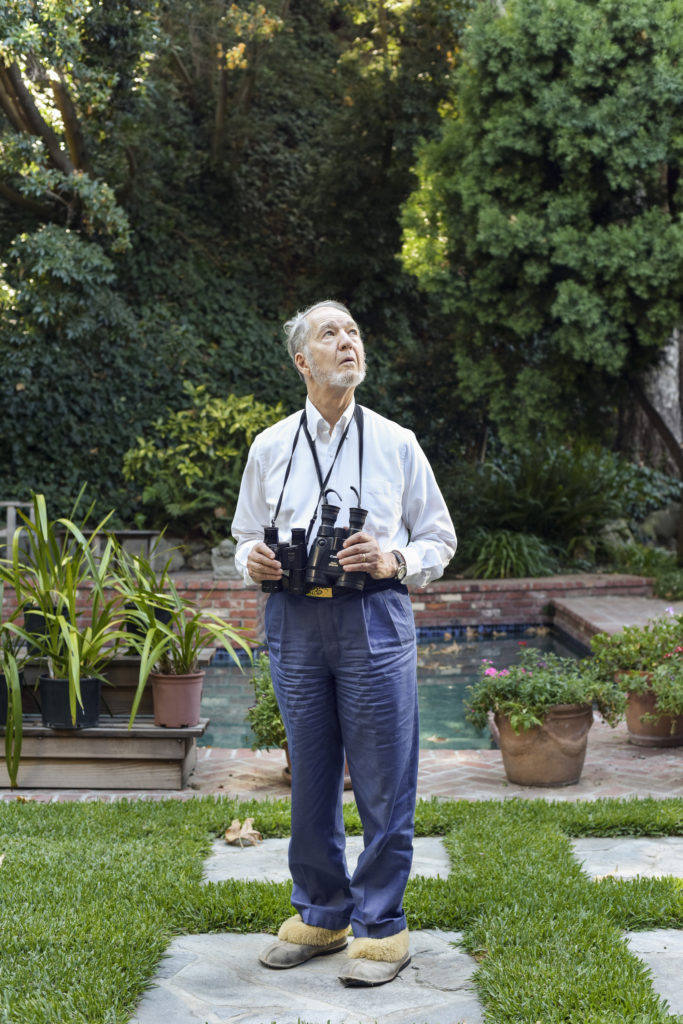
Yet, the biggest problem of American society, as you wrote, is the refusal to learn from others. Instead of taking responsibility and honestly assessing oneself, one seeks blame on others.
Years from now in the future, readers of my recent book may think that I wrote the book after the beginning of the COVID-19 crisis. In fact, of course I finished the manuscript in December 2018, and my book was published in May 2019. But the book applies well to the COVID-19 crisis, because it is about crises in general, and COVID-19 is from that perspective a “typical” crisis.
What does “typical” mean?
Well, the goal of Upheaval was to understand why nations deal either successfully or else unsuccessfully with national crises. My perspective for these crises was the experience of my wife Marie, a clinical psychologist with a specialty in crisis therapy, a branch of therapy and counseling that helps people deal quickly with acute personal crises, rather than conventional psychotherapy that spends years helping people deal with chronic problems. Marie and her fellow therapists had to help their clients quickly, because of the risk in the worst case that a client might be so overcome with the crisis as to attempt suicide.
How did they do so and what did you learn?
Each week, Marie and her fellow therapists reviewed the progress of each of the patients in their office that week, and arrived at a set of a dozen factors or outcome predictors for whether an individual person will succeed at overcoming a personal crisis. It dawned on me, from my experiences of living in Germany – where I lived on the day that the Berlin wall was erected – and many other countries, that those outcome predictors for personal crises suggested outcome predictions for national crisis, and for our current world crisis.
Let’s briefly go through the steps of crisis management you identified in Upheaval. What do they actually mean in the face of the current crisis?
The COVID-19 crisis illustrates well that list of a dozen outcome predictors. The first step in dealing with either a personal crisis or a national crisis, familiar to all of us who have gone through a personal crisis – which means every one of us – is to acknowledge that oneself or one’s country is in a crisis.
As long as one denies that there is a crisis, of course one will make no progress at resolving it.
Jared Diamond
That was the tragedy of Indonesia’s initial reaction of denial, and of the denial of my own president – but acknowledgment was essential to the rapid remarkable success of Vietnam, and initially of Singapore, at halting the pandemic. The second step in crisis resolution, also familiar to all of us from personal experience, is to accept responsibility that one has to do something about the crisis oneself, and that blaming others or indulging in self-pity gets one nowhere. Again, COVID-19 illustrates both good and bad examples: My own president provides a bad example, in focusing on blaming China, while Vietnam and Australia and New Zealand focused on doing something about the crisis rather than assigning blame elsewhere.
This step is of great importance for the third, decisive one, right?
Yes. It’s crisis resolution, again familiar to all of us from personal experience: Look for models of how other people have solved, or have refused to solve, a similar problem. Nations also learn from models, or refuse to learn from models. The president of Brazil rivals my own president in refusal to learn from the experiences of other countries. On the other hand, Vietnam took as a model its own experience in dealing with the SARS epidemic of 2003 that hit Vietnam especially hard. Already in January, before there had been any case of COVID-19 in Vietnam, the Vietnamese government remembered 2003 and imposed lockdown and tracking. This crisis perspective of my book leaves me cautiously optimistic about the outcome of our current global COVID-19 crisis.
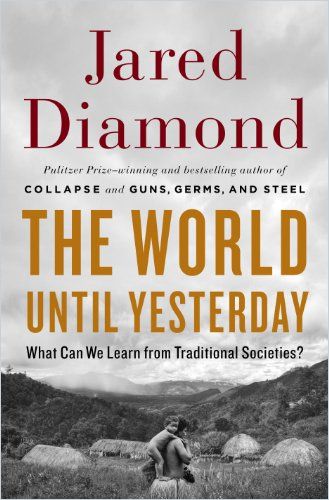
All this sounds like we reached a “tipping point” that is likely to change the future of our societies.
The unique feature of the COVID-19 crisis in history is that it is the first world crisis that the world acknowledges as a shared crisis. Of course the world faces other crises, notably climate change and resource depletion and inequality. But climate change doesn’t kill people within two days, and the deaths of people who die of respiratory diseases and food shortages and other long-term consequences of climate change don’t say to themselves, “I’m dying of climate change!” They instead say that they are dying of a respiratory disease or of starvation. But COVID-19 kills quickly, and if you are dying of COVID-19, there is no doubt that you are dying of COVID-19.
Hence the world is being forced to acknowledge that COVID-19 is a world crisis, one that affects every country, and no country can solve it by itself.
Jared Diamond
Even if Germany stamps out COVID-19 completely within its own borders, but if the virus survives in Moldova or Libya or any other country, it will be only a matter of time before Germany gets reinfected.
So, what makes you optimistic for the rest of the year – and the following?
It will at first seem ironic, cruelly ironic, to say that a pandemic that will kill millions of people provides any cause for optimism. But I predict that it will give us cause for optimism. I hope that, just as COVID-19 will motivate the world to adopt a global approach to this world problem, it will also serve as a model by motivating the world to adopt a global approach to solving the world crises of climate change and resource depletion and inequality. If that prediction of mine proves true, then the COVID-19 crisis will have a silver lining: For the first time in world history, a global pandemic will have created a model of shared motivation among the world’s people to solve a world problem.
About the Author
Jared Diamond is an American geographer, historian, anthropologist, Pulitzer Prize–winner and best-selling author of Guns, Germs and Steel, The World Until Yesterday, Collapse and Upheaval. He is a professor of geography at the University of Los Angeles, California.
